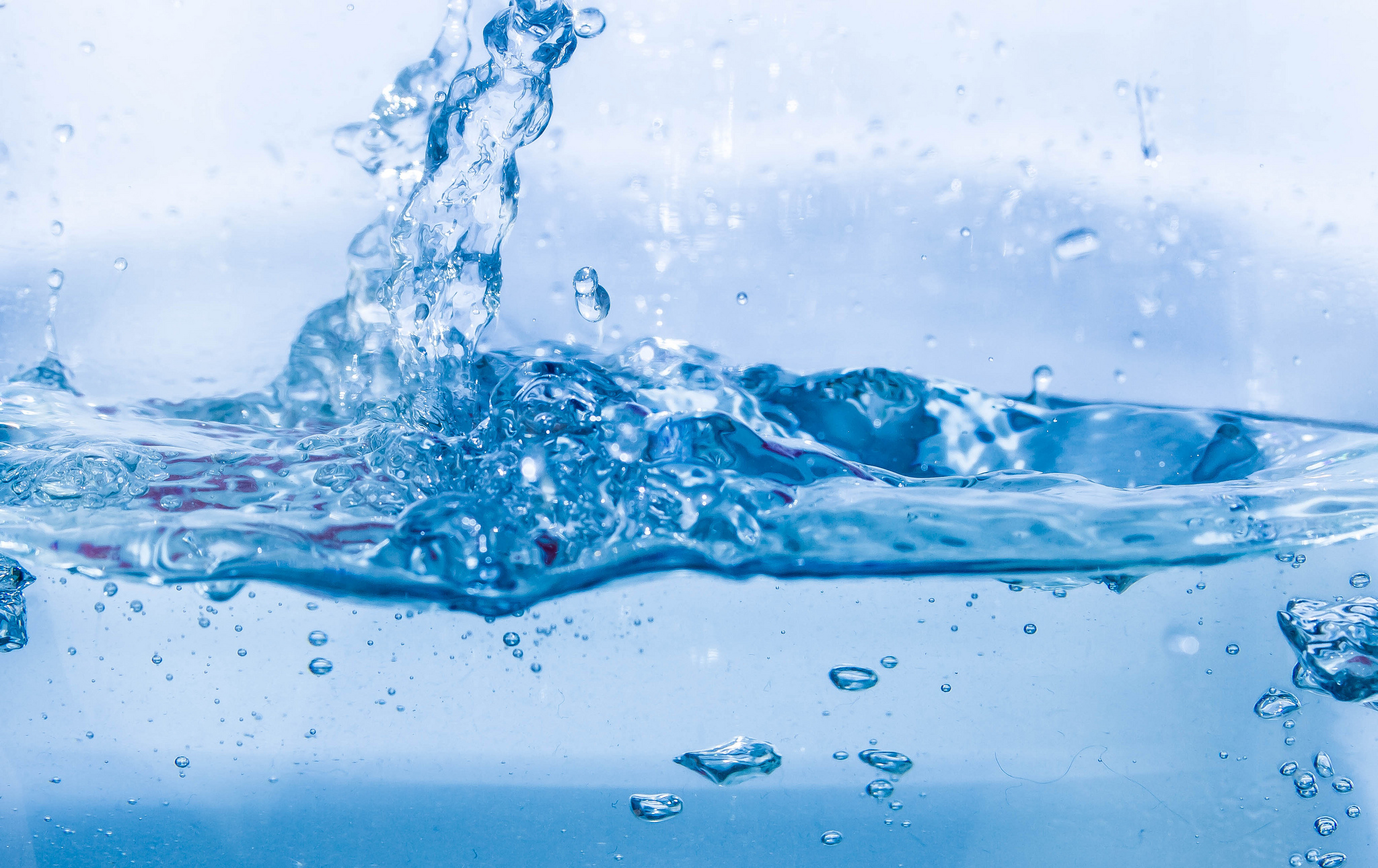Senior Dehydration: Causes, Dangers and Solutions
Senior Dehydration: Causes, Dangers and Solutions
Dehydration is common among seniors, especially those living in warm, dry climates. Early symptoms in the elderly are so subtle that they're often missed by caregivers until the situation turns dangerous. The Health Care Financing Administration reports that dehydration is one of the most frequent diagnoses for Medicare hospitalizations. But if caregivers and seniors learn to recognize the early warning signs and take prompt action, dehydration can be safely treated at home.
What Is Dehydration?
Dehydration occurs when the body's water level falls below where it should be. The body loses water through urination, perspiration, respiration and defecation. Diarrhea, vomiting or fever can also hasten water loss.
Health Problems Caused By Dehydration
Since water is necessary for all bodily functions, dehydration can cause a range of dangerous, potentially fatal health problems including:
- Heat stroke
- Seizures
- Cerebral edema (swelling of the brain)
- Kidney failure
- Coma
Causes of Elderly Dehydration
Decreased Thirst
The sense of thirst diminishes with age, leaving seniors vulnerable to severe dehydration. If they don't feel thirsty, they are less likely to drink water.
Lack of Mobility
Many seniors have mobility issues, making it difficult for them to stand up and get themselves a glass of water.
Medications
Many medications can lead to dehydration. For example, diuretics prescribed for congestive heart failure or high blood pressure promote water loss.
Reduced Kidney Function
The kidneys regulate the excretion of water. As people age, they gradually begin to lose kidney function, making it more difficult for them to retain fluids.
Symptoms of Dehydration
A number of studies indicate that even patients in long-term care facilities may be dehydrated, which wouldn't be possible if caregivers recognized the symptoms of this condition. Early warning signs of dehydration include:
- Headaches
- Confusion
- Dryness of the mouth or tongue
- Inability to urinate
- Passing dark yellow urine
- Cramping in the limbs
- Irritability
- Weakness
- Fatigue
- Dizziness
If not recognized for what they are, these symptoms may turn serious, causing convulsions, low blood pressure, a weak pulse --and even death.
Keeping Seniors Hydrated
As a caregiver, there are many easy things you can do to keep seniors hydrated.
- Make sure seniors have water within reach at all times.
- Encourage them to drink at six to eight-ounce glasses of water throughout the day, even if they aren't thirsty.
- Reduce their consumption of alcohol and caffeinated beverages--both are diuretics.
- Encourage seniors to eat more foods with high water content, such as fruits and vegetables.
- At the first sign of dehydration, provide a sports drink to replenish water and electrolytes.
If the condition doesn't improve, seek medical attention immediately.
Dehydration, Water, Nutrients

